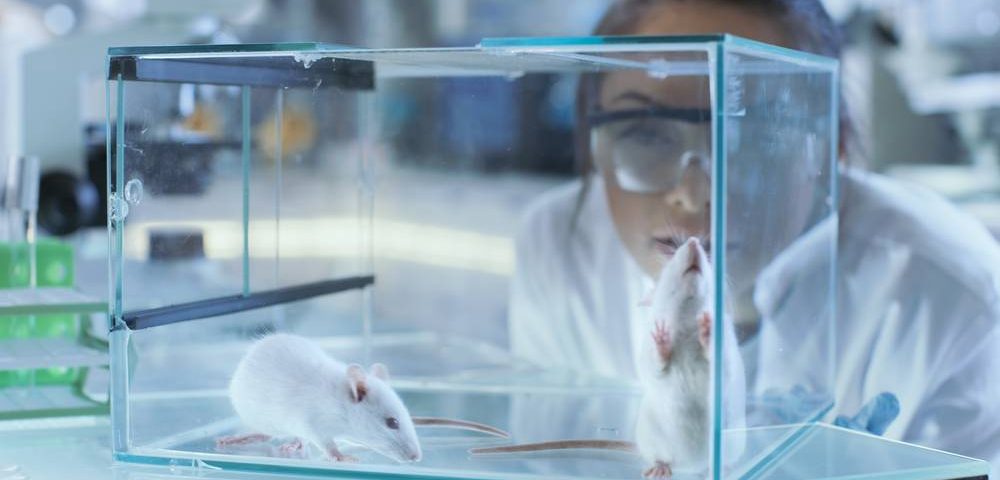The traditional Japanese medicine Tokishakuyakusan (TSS) reduces the number and severity of endometriosis-like lesions in a mouse model, a new study shows.
The research was published recently in the American Journal of Reproductive Immunology in a paper titled “Tokishakuyakusan, a Kampo medicine, attenuates endometriosis like lesions and hyperalgesia in murine with endometriosis like symptoms.”
TSS is a formulation of Kampo, an herbal remedy that has been used in traditional medicine in Japan since around 400 AD. It often is given for gynecological complaints, such as menstrual cramps or ovarian dysfunction, but its effect in endometriosis hasn’t been studied thoroughly.
In the study, researchers used a mouse model of endometriosis generated by injection of lipopolysaccharide, a component of bacterial cells that powerfully stimulates inflammation. Some mice were treated with TSS (1 g/kg, given orally) or with a placebo.
After two weeks of treatment, TSS-treated mice had, on average, significantly fewer endometriosis-like lesions than those on placebo, as measured both by number of lesions (3.8 vs. 5.4 per mouse) and by total weight of lesions (43.3 vs. 74.2 mg per mouse).
Pain tolerance in the mice was measured by putting them on a hot surface and measuring time to escape. Mice with modeled endometriosis spent less time on the hot surface than those without, indicating increased sensitivity to pain (which is called hyperalgesia), but TSS-treated mice spent longer on the hot surface (5.4 vs. 3.4 seconds), indicating a reduction in this increased pain sensitivity.
The researchers also noted that interleukin-33 (IL-33) was expressed at high levels in endometriosis lesions, but TSS treatment reduced this high expression.
IL-33 is a cytokine (a molecule that cells in the immune system use to send signals to other cells). It has been shown to be present at high levels in people with endometriosis, particularly in endometriosis lesions themselves, so it could be a useful target for endometriosis therapies. TSS may achieve its beneficial effects, at least in part, by reducing IL-33 levels.
However, relatively little is known about IL-33 in this specific mouse model of endometriosis, so the results need to be interpreted with caution, and further studies are needed.
“To summarize, we provide the evidence that TSS treatment significantly reduces lesion growth and improves sensitivity to nocifensive [painful] stimuli,” the researchers concluded in their paper, adding, “These results may open new strategy using a Kampo medicine, and be useful to gain further insights into IL-33 in the progression of endometriosis.”
Of note, two of the study’s authors are employees of Tsumira & Co., a pharmaceutical company that makes Kampo-based medicines.

